Advanced Measurement Technologies
Explore cutting-edge instruments for precise material analysis and characterization in various industries.
XRD
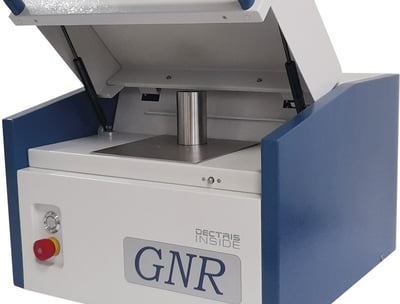

Utilized for crystal structure analysis and phase identification in materials science and geology.
The X-ray diffraction (XRD) machine plays a crucial role in the fields of materials science and geology by enabling precise crystal structure analysis and phase identification. By directing X-rays at a sample, the XRD machine measures the angles and intensities of the diffracted beams, which provides valuable information about the arrangement of atoms within the crystal lattice. This technique allows scientists to determine various properties of materials, such as purity, crystallinity, and phase composition. In geology, XRD is essential for identifying minerals and their transformations in earth materials, contributing significantly to the understanding of geological processes. Overall, the XRD machine is an indispensable tool that enhances our understanding of material properties and behavior at the atomic level.
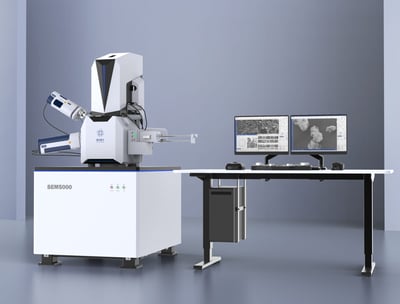

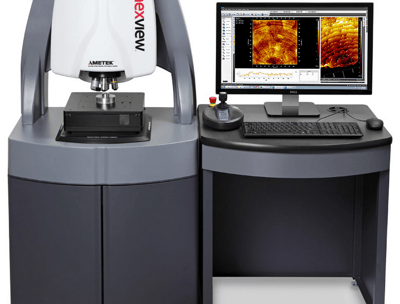

SEM Machine
Combines imaging and elemental analysis for detailed surface characterization in research and industry.
The scanning electron microscope (SEM) is a powerful tool that merges advanced imaging techniques with elemental analysis, providing researchers and industrial professionals with in-depth surface characterization capabilities. By utilizing focused beams of electrons, SEM produces highly detailed images of sample surfaces, revealing intricate microstructures and morphologies. This capability is complemented by elemental analysis techniques, such as energy-dispersive X-ray spectroscopy (EDS), which allow for the identification and quantification of materials at the micro and nanoscale. Whether in materials science, semiconductor manufacturing, or biological research, the SEM plays a crucial role in advancing our understanding of complex surfaces, facilitating innovations, and enhancing quality control processes across various applications. The synergy of imaging and elemental data equips scientists and engineers with invaluable insights, pushing the boundaries of modern research and industry.
Precision Optical Profilometer
An optical profilometer with 1 nanometer precision on the z-axis represents an advanced measurement tool essential for a variety of applications in surface analysis. This high-resolution device employs optical interferometry to accurately measure the topography of surfaces, allowing researchers and engineers to capture intricate details at an unprecedented scale. With its capability to detect even the slightest variations in height, this profilometer is invaluable in fields such as semiconductor manufacturing, materials science, and microelectronics. Its precision not only facilitates quality control processes but also aids in the development of innovative materials and technologies. As industries continue to push the boundaries of miniaturization and performance, the optical profilometer’s ability to deliver precise and reliable data becomes increasingly vital in ensuring that products meet stringent specifications and remain competitive in the market.
Optical Profilometer
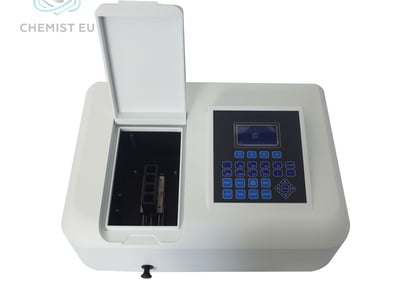

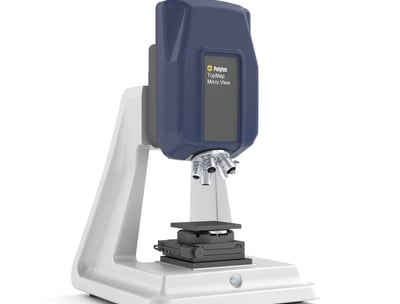

Spectrometer
A spectrometer is a crucial analytical instrument widely used in scientific research and industrial applications. It measures how light interacts with different materials, allowing researchers to gather detailed data about a substance's chemical composition, molecular structure, and various properties. Operating across a diverse range of wavelengths such as ultraviolet (UV), visible, infrared, and X-ray, spectrometers enable various spectroscopic techniques, including Fourier-transform infrared (FTIR), Raman, and UV-Vis spectroscopy. These techniques are invaluable for fields like chemistry, materials science, and biochemistry, providing insights that drive advancements in technology and medicine. By accurately analyzing light’s interaction with matter, spectrometers play a pivotal role in understanding complex materials and processes.
A micro profilometer is an essential high-precision instrument designed for measuring the intricate surface topography of materials at both micro and nanoscale levels. By employing a stylus or laser to meticulously scan surfaces, it delivers comprehensive data regarding surface roughness, step heights, and texture with remarkable accuracy. This non-destructive measuring technique plays a crucial role in various industries, including electronics, coatings, and manufacturing, where maintaining surface quality is paramount. The detailed insights gained through micro profilometry are invaluable for ensuring product reliability and performance, making it a cornerstone of quality control and material characterization processes.
